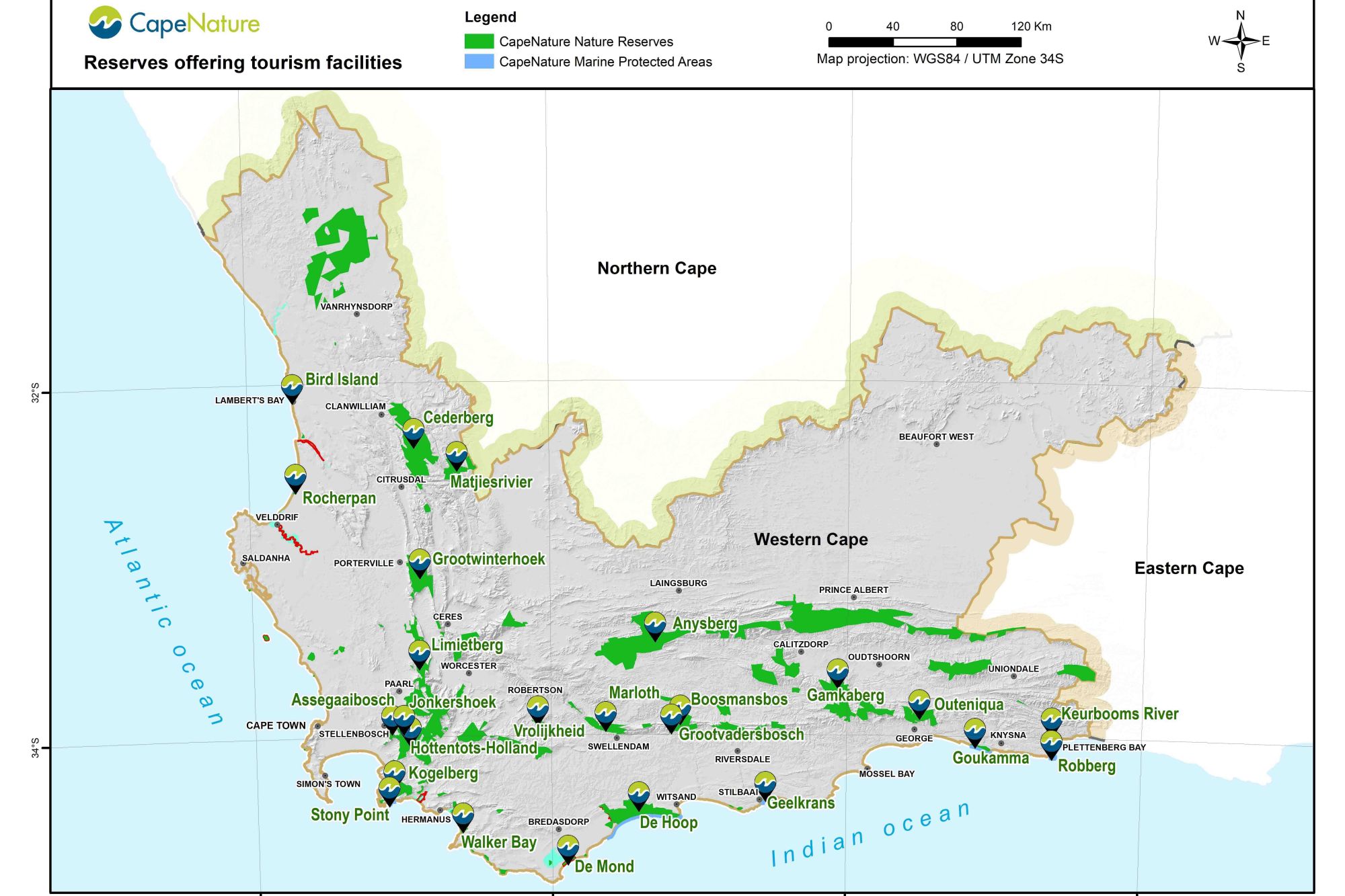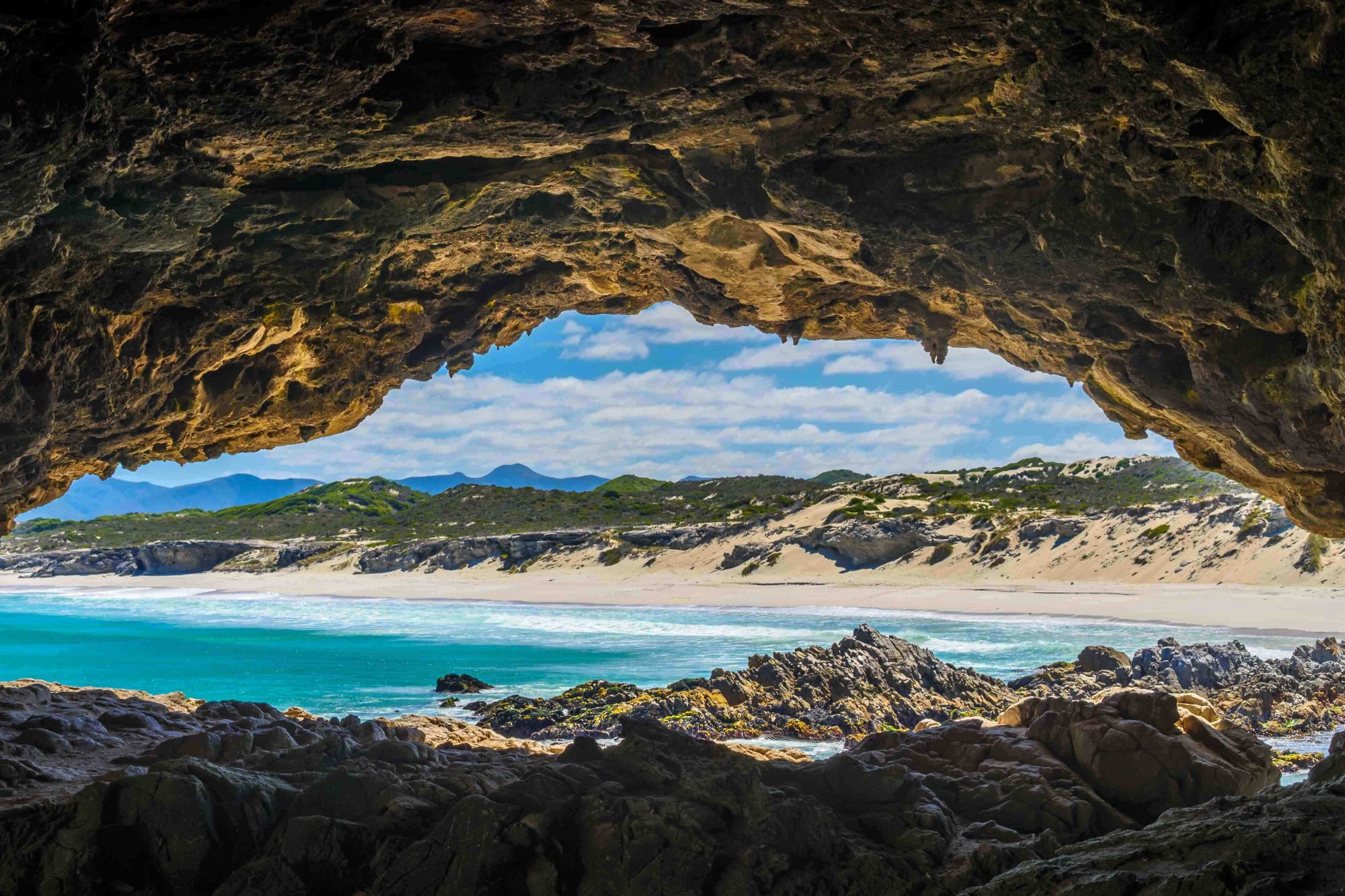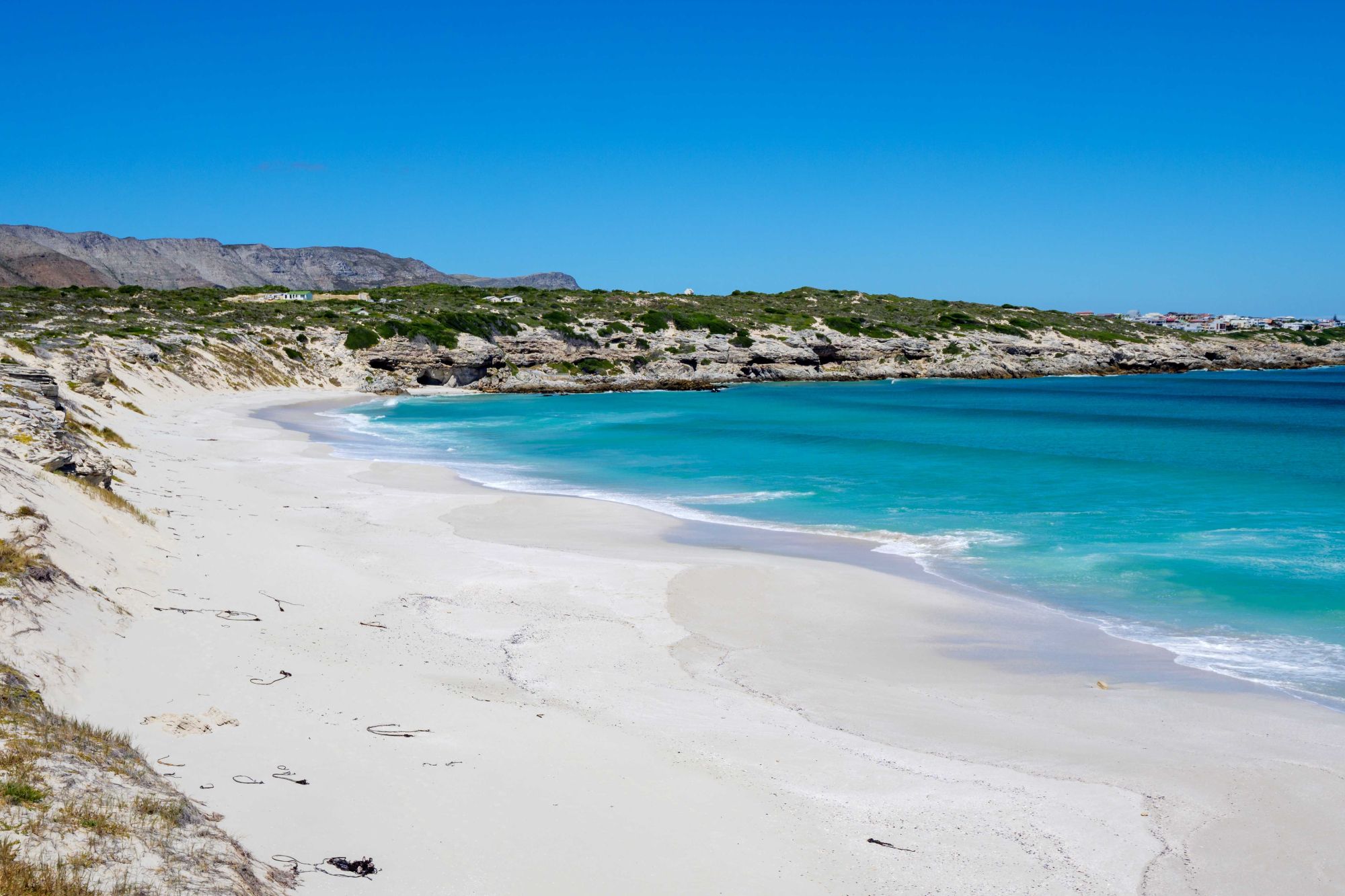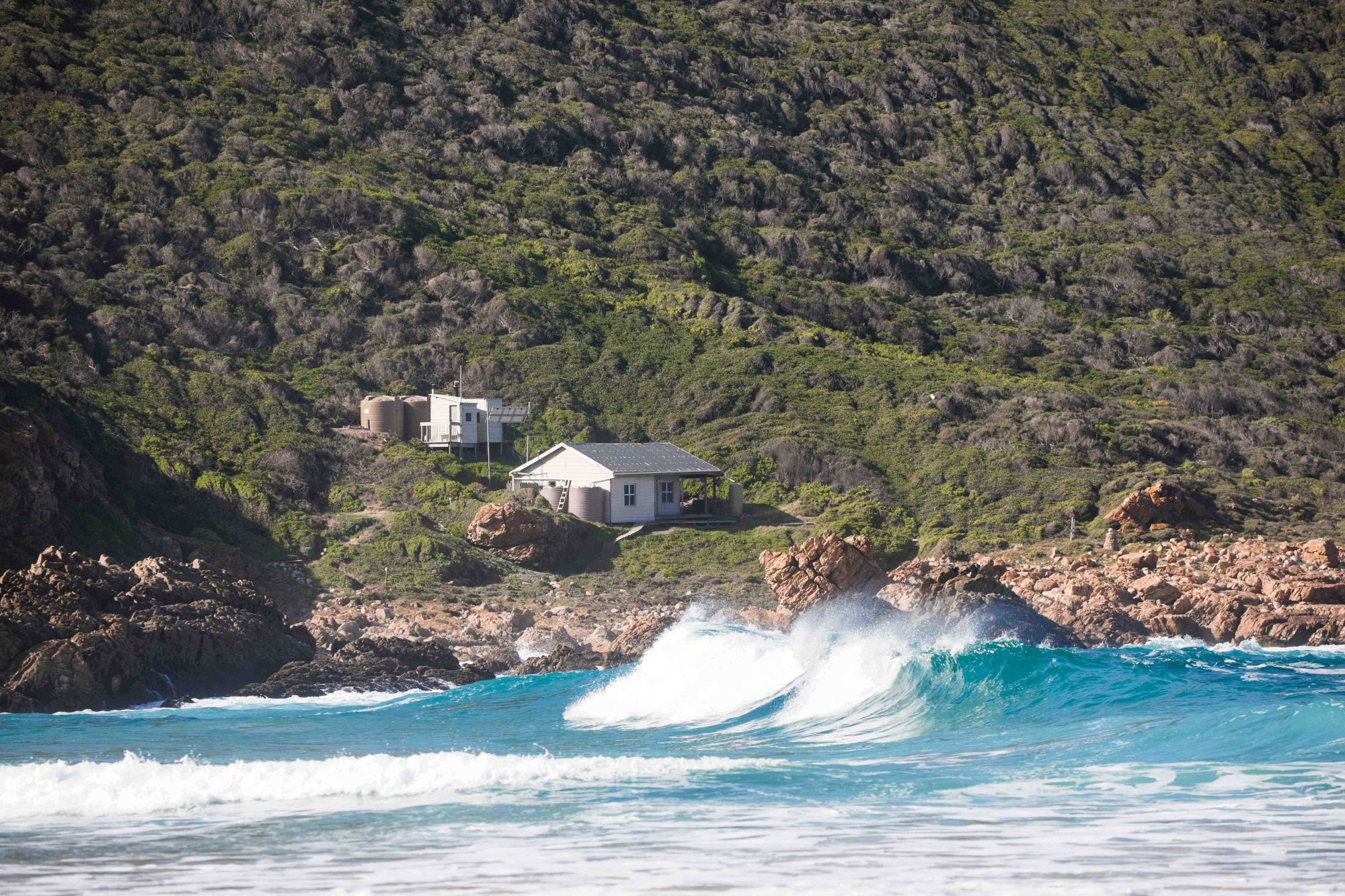The Western Cape’s natural wonders continue to be a key economic contributor to the tourism sector
The unmatched scenic and natural beauty of the Western Cape is a key pillar of our growing tourism economy. The combination of our province’s warm hospitality, word class attractions and facilities, and the colourful and diverse cultural and gastronomical experiences make it an appealing holiday destination for both local and international visitors alike.
The Provincial Departments, Wesgro, the City of Cape Town, the South African National Parks and the provincial conservation entity – CapeNature – all contribute to maintaining a basket of enticing and sustainable offerings. By no means are things perfect, but if the proof is in the eating or feet walking towards us rather than away – then these efforts are, at the very least, heading in the right direction.
While these many players from the government’s side are acknowledged, government machinery mostly provide the support infrastructure for the private sector with their investments in time and energy across micro and small to large businesses. A huge thank you to those of us who have the courage to continue with or have started up such businesses across all the value chains associated with the environmental sector.
I want to hone in on the environmental sector, which forms part of my portfolio in the province, and focus on the visitor numbers to our provincial reserves. The recent increase in visitor numbers and revenue across CapeNature’s reserves is indicative of the growing demand for nature-based experiences in our post-COVID-19 lives. The provincial reserves do take some effort to get to as they are generally situated across our rural landscape. However, the extra effort to travel there is rewarded with the opportunity to access some of the more hidden coastal, inland and mountain wilderness areas.
Through the peak summer season in December 2024 and January 2025, there was a tremendous influx of visitors to CapeNature-managed provincial reserves, with over 146 550 overnight and day visitors passing through many reserve gates.
Robberg Nature Reserve, also a World Heritage Site, in Plettenberg Bay saw a remarkable 50% increase in day visitors compared to the same period the previous year, with ramblers arriving in droves to take on the spectacular hiking trails and marvel at the scenic vistas.
Stony Point Nature Reserve and Marine Protected Area had a significant 28% increase in day visitors, thanks in large part to the popular African Penguin colony that calls this little piece of Betty’s Bay home. The joint efforts of CapeNature, the Southern African Foundation for the Conservation of Coastal Birds (SANCCOB) and the World Wide Fund for Nature South Africa (WWF-SA) are an example of the power that collaborative efforts between public and private organisations can have in helping to protect this now Critically Endangered species.
The conservation work, partly funded through the permits paid by visitors underscore the immense importance of supporting nature-based attractions. The community-run On the Edge restaurant, located at the Stony Point, remains a firm favourite among tourists and locals. A sterling example of local job creation and economic development. Establishing and maintaining this partnership continues to serve up, in addition to their highly rated fish and chips, many lessons in optimising nature reserves across conservation, sustainability and local beneficiation.

A map of CapeNature's tourism based nature reserves across the Western Cape
Another such example of conservation, tourism and beneficiation working together are the concessionaires on Robberg. These offerings include a kiosk serving light refreshments and tourist souvenirs and an abseiling business. The enterprises have proven to be popular with visitors and helped to create local jobs. Our protected areas do not only give our visitors access to unspoilt nature but also create opportunity for partnership, innovative businesses and economic growth. Development opportunities include an array of niche outdoor, adventure and products linked to the endemic ecosystems (read Fynbos plus) of the Western Cape.
According to the latest available estimates from the Western Cape Department of Economic Development and Tourism, there are nearly 258 000 people employed in the provincial tourism sector.
Walker Bay Nature Reserve, just east of Hermanus, also saw a nice bump in day visitors, with a 10% increase for the summer holiday period.
These figures point to our natural heritage being in high demand. The desire to connect with nature and experience the wonder of being outdoors is stronger than ever. CapeNature staff say that visitors – largely South African – talk of rediscovering the outdoors. Because of their remote location, provincial nature reserves often have little or no internet connectivity. I want to believe that while families may arrive to the lack of internet with some trepidation, they leave happy with the knowledge that the world survived without them checking in on it every few minutes through all their social media apps.
Further underlining the sustained growth in visitor numbers is the preceding period leading up to the festive season. In the latest available Tourism Research Overview, published by Wesgro, both Keurbooms and Robberg Nature Reserves are included in the top five participating Western Cape attractions with the highest volume of visitors between January and August 2024.
Stony Point, Walker Bay, De Hoop, Cederberg-Algeria, Limietberg, Kogelberg, Matjiesrivier, Bird Island, and Jonkershoek Nature Reserves all made it into the top 20 list.
The growing day visit trend and steady rise in visitor numbers to nature reserves post the pandemic shows that CapeNature-managed provincial reserves are being valued for their particular offering of a slightly out-of-way wilderness experience.
The hiking trails and stunning views on Robberg, the penguin experience at Stony Point, and the fascinating Klipgat Cave at Walker Bay were among the top attractions. A special mention must also be made of Die Plaat Beach, located within Walker Bay. In 2024, it was recognised by Condé Nast Traveller as one of the 34 Best Beaches in the World and is the only beach in South Africa that cracked the prestigious list.

Klipgat cave at Walker Bay Nature Reserve

The award-winning Die Plaat beach at Walker Bay Nature Reserve
Most of the tourism income generated by CapeNature is ploughed back directly into conservation efforts. Robberg grew day visitor income by over 52% for the December/January 2025 period, while for the same period last year, it grew day visitor income by over 42%. Again, Stony Point came in second place with over 17% income growth, followed by De Hoop with over 12% income growth for the 24/25 period.
The growth in day visits suggests a change in travel habits. These are arguably influenced by economic factors, time constraints, or a growing trend towards shorter, more frequent nature experiences. The power of connecting to nature and wellness is profound, offering a pathway to both physical and mental well-being. Healthy living goes hand in hand with time spent outdoors – whether it’s a walk or hike, the calming presence of the ocean, or the fresh air, nature can restore our well-being. It became evident post-pandemic that people yearned to be outside and not confined to their homes or workspaces. It’s not only connecting with nature, but the nature of the connection that enhances people’s well-being when they are in our protected areas.
While overnight stays obviously contribute more to tourism revenue, increased day visit traffic allows for more people to experience the wonder of nature reserves and helps to broaden the appeal of nature to first-timers who are starting with shorter day visits.
Meanwhile, camping and self-catering accommodation continued to see high demand, with Anysberg Nature Reserve’s campsites growing in popularity among avid campers. Bookings increased with more than 40% when compared to the same period in 2023/24. The world-famous and much-loved Whale Trail at De Hoop saw a 26% increase in bookings, while Robberg’s “Fountain Shack” continues to attract adventurers looking for a remote overnight escape.

The Fountain Shack at Robberg Marine Protected Area in Plettenberg Bay remains a bucket-list item for many adventure traveler.
Notably, self-catering cottages such as Blacktail at Goukamma Nature Reserve and Whiskey Creek at Keurbooms continue to gain popularity.
Not surprisingly, many of the Entity’s visitors come from within the province. Around 86% of visitors are Western Cape based, while 8% hailed from Gauteng. There is a push to attract international tourists whose dollars, pounds, and euros can contribute significantly to the local economy. However, our Western Cape citizens and fellow South Africans must sustain our reserves. It reinforces the importance of making nature experiences accessible to local communities. After all, regardless of our background, culture or beliefs, as South Africans, we all share the same natural heritage and should experience it for ourselves.
While local visitors form the bedrock of CapeNature’s guests, there has been an upward trend in interest among foreign visitors. The United Kingdom led the way with a 21% increase in bookings, followed by Germany with an 18% increase. The growing international visitor numbers are encouraging for the Entity, with France, Zimbabwe and Belgium also showing interest. This is an exciting opportunity for further investment into international marketing and partnerships.
These latest figures have reaffirmed what I have always held to be true – our nature reserves are among the province’s greatest environmental assets. The combination of strong local support, an increase in international appeal, and the economic value generated by sustainable tourism practices highlights the need for continued support and investment in the sector.
CapeNature’s tourism products are a key driver for job creation and local economic development, particularly through partnerships with concessionaires. The location of the reserves across the province must continue to be seen and grown as hubs of economic development and job creation. Strengthening these partnerships will allow CapeNature to continue to play a critical role in supporting communities while promoting eco-tourism and conservation awareness.
There must be continued strategic planning and development of the Western Cape’s protected areas. Ultimately, conserving the physical and biodiversity functions of the provincial natural ecosystems helps to build the resilience of the ecological infrastructure from where we derive our ecosystem services. The related concepts of ecological infrastructure and ecological services deserve their own exploration in a separate article. For now, an easily reachable example of an ecosystem service is that we all benefit from a stable water supply when the strategic water sources or catchment ecological infrastructure are well-managed.




